Leatherback sea turtles choose nest sites carefully, study finds
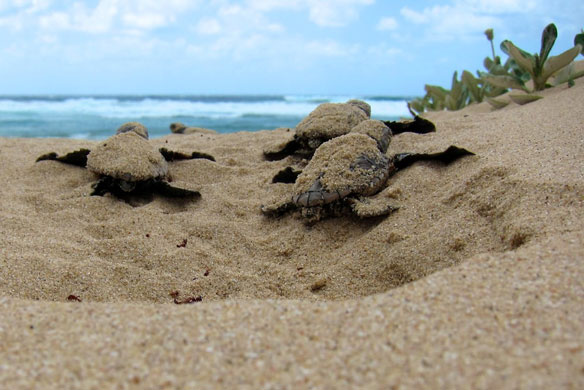
After hatching and dispersing across the world’s oceans, the female leatherbacks return to their natal beaches to lay clutches of eggs in the sand. A new study offers fresh insights into their nesting choices. However, human encroachment on leatherback nesting beaches, in the form of beachfront construction and sand mining, is a major threat to the animals’ continuation as a species.
Paradise Lost? Beach sand mining, Ngapali beach, Myanmar
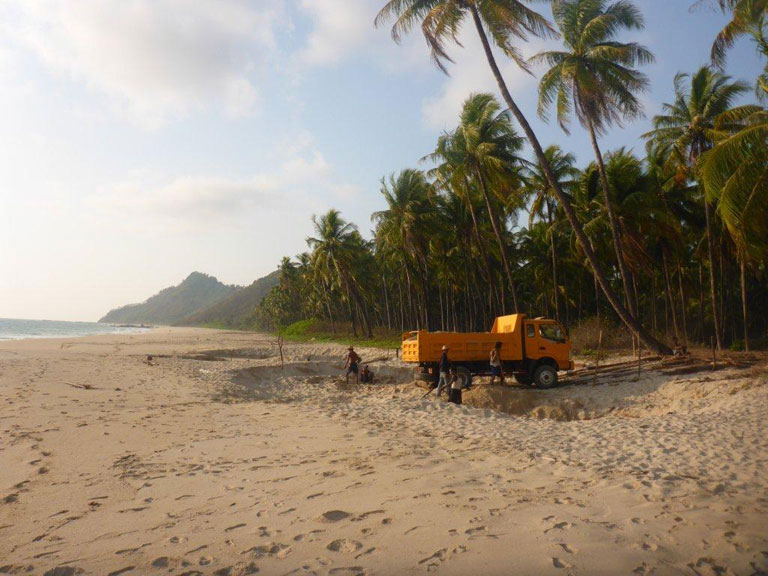
Twenty years ago Ngapali Beach, on the Bay of Bengal, was an unspoilt gem in the crown of Myanmar’s natural treasures. Times have changed. Beach sand mining at Ngapali, has disturbed the natural balance.
A dossier and photo reportage by Oliver Soe Thet.
Save beach from renourishment
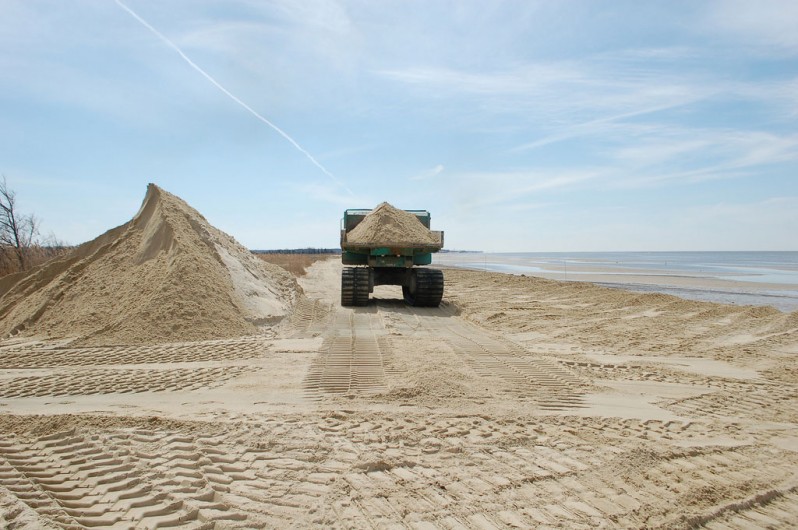
If we really value our beach and what it means to our economy, we should do more to protect it. With so-called beach renourishment (pumping offshore sand onto beach for protection) and the current Coastal Construction Line (development setback line), we are just toying with protection.
Could a Titanic Seawall Save This Quickly Sinking City?
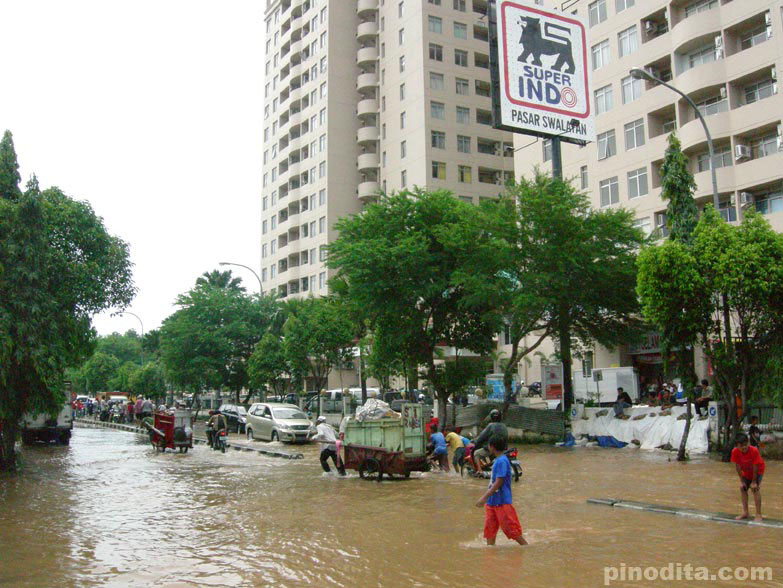
Jakarta, Indonesia’s fast-growing capital of 10 million people, is embarking on one of history’s biggest seawall projects—to be shaped like a Garuda, a mythical bird-like creature.
New research sheds light on mercury pollution in estuaries, food chain
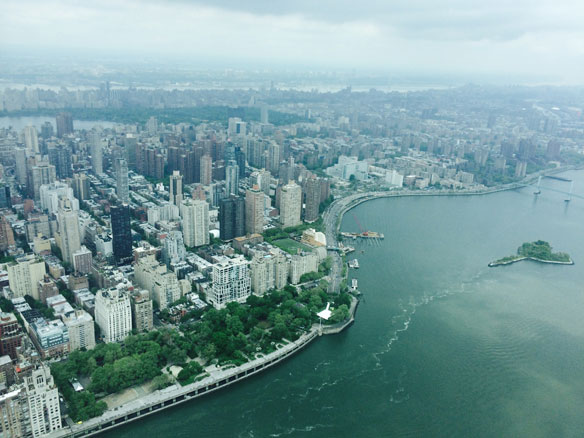
Mercury, which is transformed into methylmercury in water, is a global pollutant that damages human health. Most people are exposed to mercury by eating fish, particularly from open ocean and coastal fisheries. Estuaries act as a repository for methylmercury, storing toxic particulates in both the sediment and water column.
Saving Shore Communities a Risky, Expensive Proposition

The sea is rising. The land is sinking. Entire mid-Atlantic communities are anchored in between, bookended by certain disaster unless a way is found to turn back the tide and save the shore. No one knows how to fix the fix we’re in, as climate change and sea-level rise continue to assault our shores.
Coral reefs could be more vulnerable to coastal development than predicted
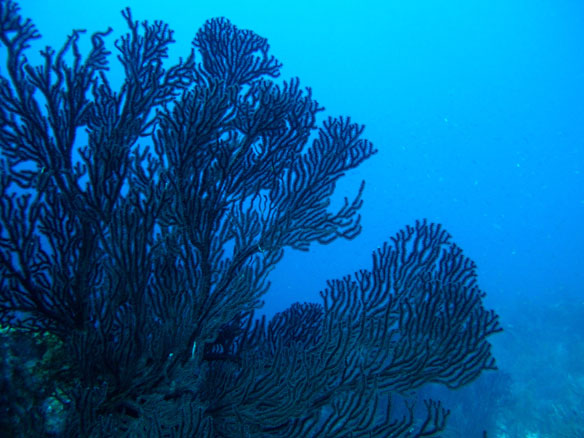
For years, many scientists thought we had a secret weapon to protect coral reefs from nutrients flushed into the seas by human activity. But a new study sheds doubt on that idea, underscoring the importance of sustainable growth in coastal areas.
White sand, black gold: when oil derricks loomed over California beaches
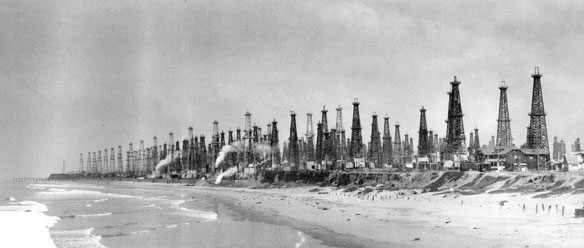
As California population boomed in the decades following the gold rush of 1849, there was a rapidly growing demand for petroleum. By 1920, California was producing 77 million barrels of oil a year, and vast stretches of the state were occupied by derricks, and refineries. In coastal places such as Venice, oil derricks ran right up to the shore, mingling with residential neighborhoods and pristine beaches.
Stealing Turtle Eggs Got People Shot, But The Thievery Continues
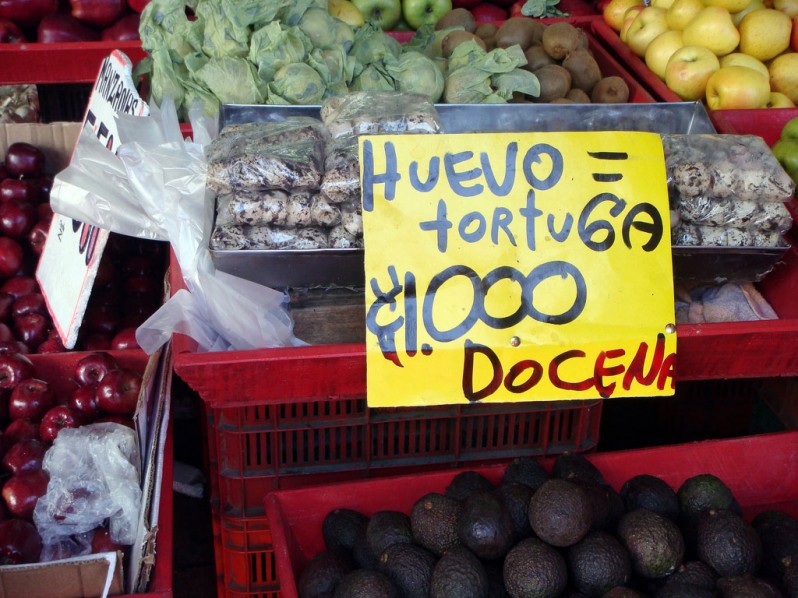
Olive ridley sea turtles are a threatened species, and the Mexican government has made it illegal to harvest their eggs from Pacific beaches. Mexican marines patrol those beaches, and violators have been prosecuted. Yet sea turtle eggs continue to be harvested, sold in the market.
